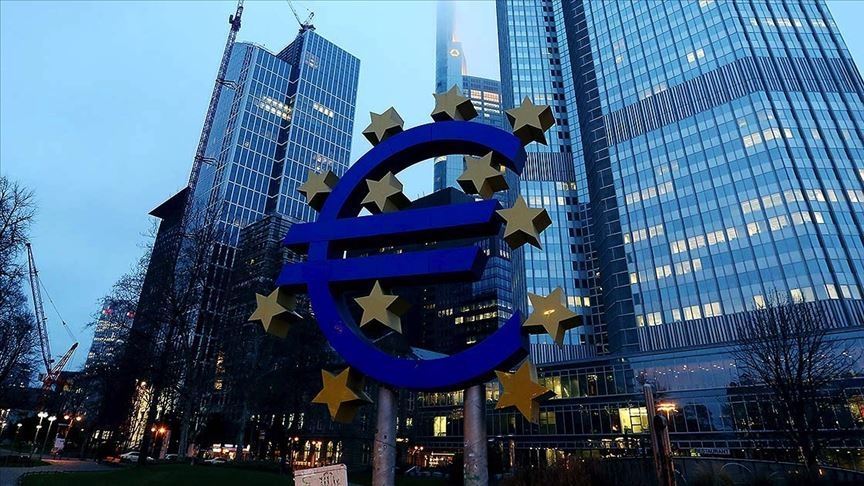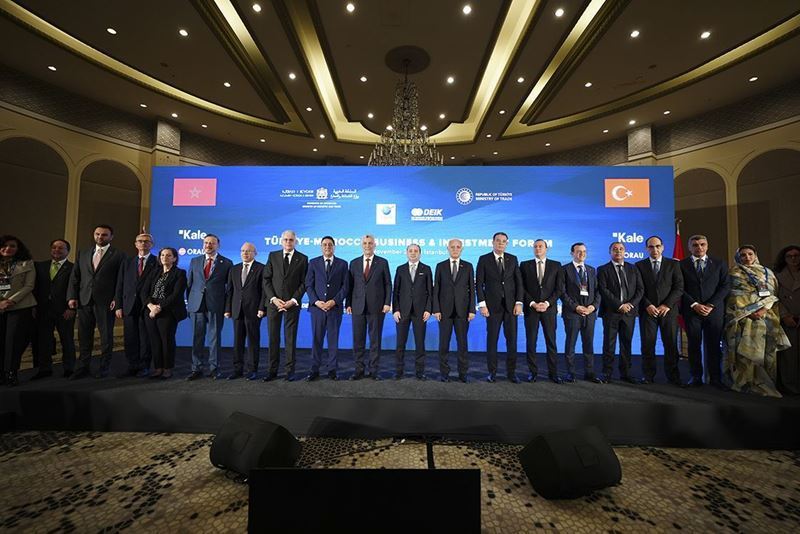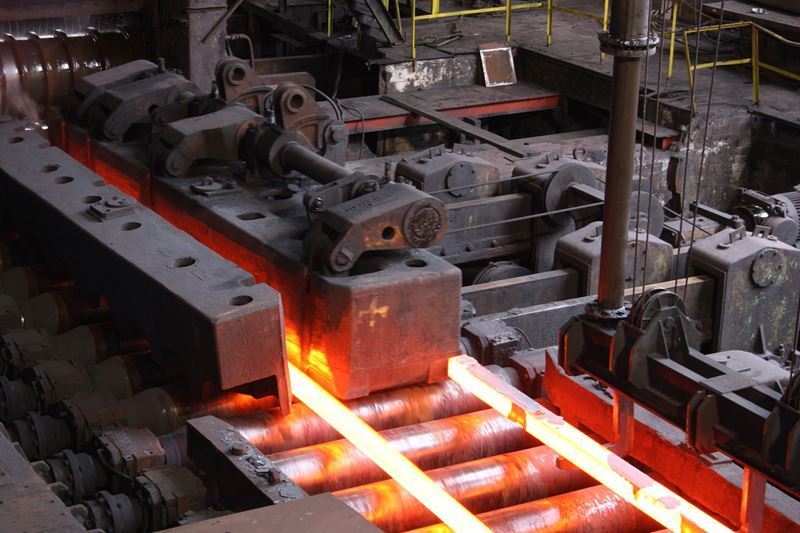Christine Lagarde, President of the European Central Bank (ECB), said that inflation may remain at high levels for a long time if energy prices increase or supply constraints continue.
Lagarde attended the "Monetary Dialogue" session of the Economic and Financial Affairs Committee of the European Parliament (EP) via video conference.
Reminding that the economy in the Euro Zone grew by 2.2 percent in the third quarter, Lagarde stated that they expect the Gross Domestic Product (GDP) to reach the levels before the new type of coronavirus (Kovid-19) epidemic by the end of the year.
"Growth is slowing due to supply bottlenecks and rising energy prices," Lagarde said. he said.
Stating that while consumer spending is strong, shortages of materials, equipment and labor are weighing on manufacturing output and weakening the near-term economic outlook, Lagarde said, "Supply constraints will likely continue for several months and will gradually ease in 2022." made its assessment.
Emphasizing that supply bottlenecks are not the only downside risk to the growth outlook, Lagarde said, "Further rise in energy prices may reduce growth by lowering purchasing power and pausing the recovery in consumption." said.
Reminding that inflation increased more than expected to 4.1 percent in October, Lagarde explained that the rise in inflation was due to the increase in energy prices, the recovery in demand due to the reopening of the economy, and the end of the temporary VAT cuts implemented in Germany last year.
“Current futures prices point to a noticeable easing in energy prices in the first half of 2022. As the economic recovery continues and supply bottlenecks ease, we can expect price pressure on goods and services to return to normal,” Lagarde said. said.
Explaining that they expect inflation to ease next year, Lagarde said, "If the increase in energy prices or supply constraints continue, inflation may remain higher than our current expectation. This may feed higher wages and then higher prices." used the phrase.
In the Eurozone, annual inflation reached 4.1 percent in October, the highest level in the last 13 years.
The general price increase in Europe, especially for energy products such as natural gas and electricity, draws attention.









Comments
No comment yet.